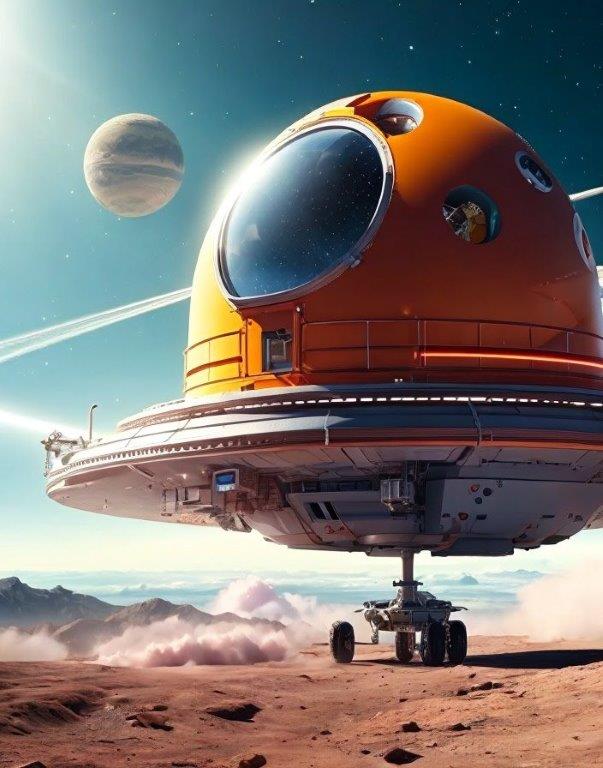Alice Step 2 Approach for AI Inventions at the USPTO
The AI revolution introduces new challenges for patent eligibility that current U.S. Court of Appeals for the Federal Circuit case law and USPTO policy are ill-equipped to handle. Alice Step 2, a widely misunderstood doctrine, risks becoming more confusing with AI inventions, as case law and examiner practices overemphasize the conventionality of computers in claims.
This scenario creates two problems for AI patent eligibility. Groundbreaking AI inventions often use generic computers and deserve patent protection, yet may be unjustly denied.

Social Media and Intellectual Property in Today's Knowledge-Based Economy
Social media platforms have transformed communication and information sharing, but they also present legal challenges related to intellectual property (IP) rights, such as content ownership and digital rights management. It is clear that nearly all social media content involves the creation and use of IP, raising the question of who owns the uploaded content. While social media platforms provide opportunities for expression, they are bound by laws and regulations, including IP considerations.

